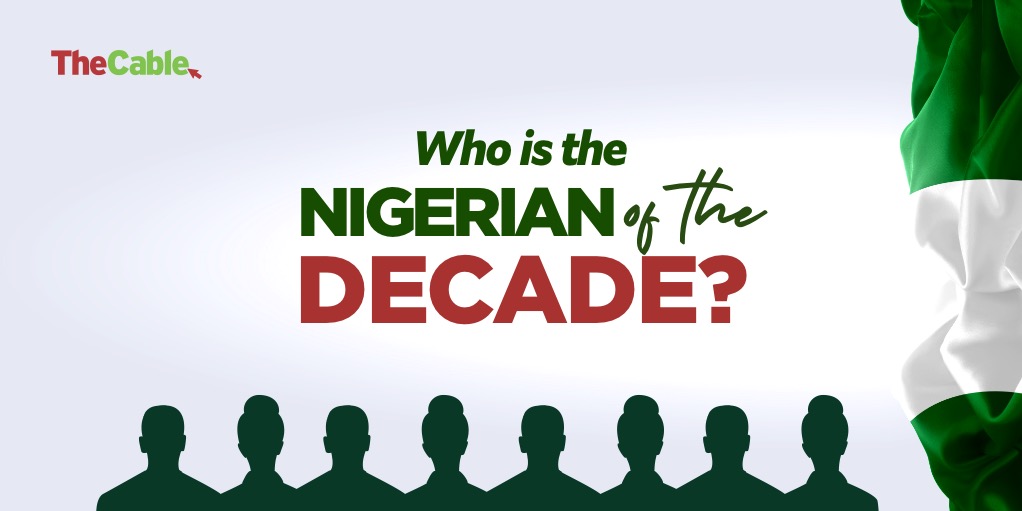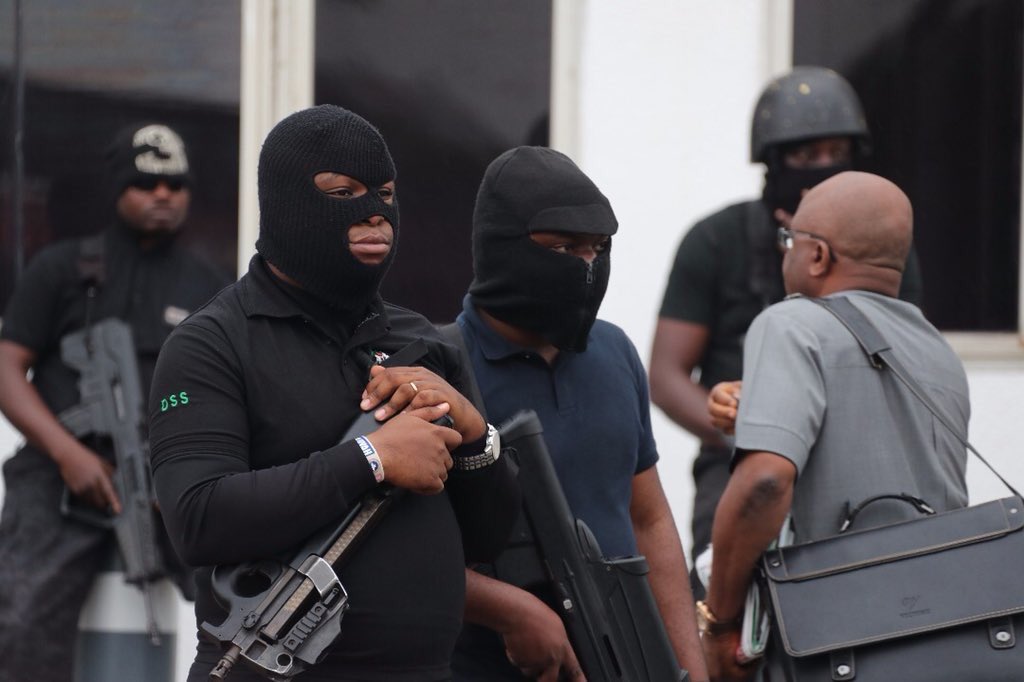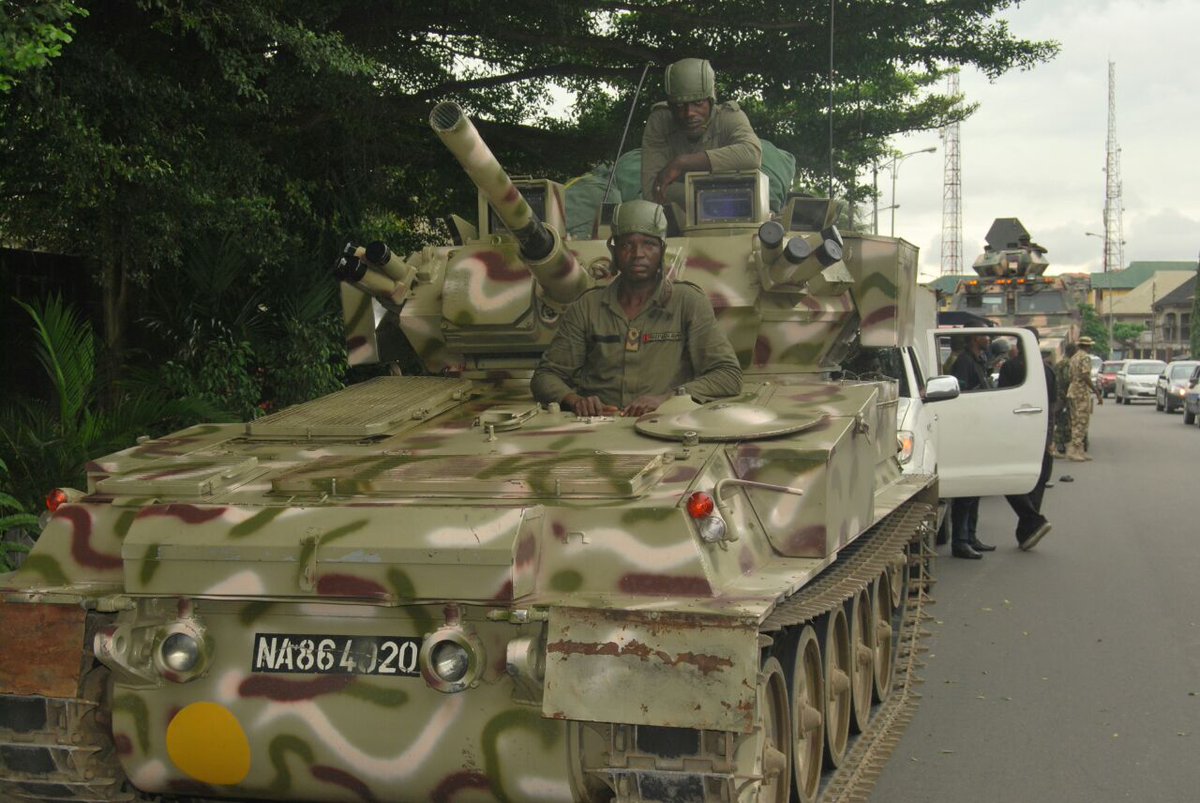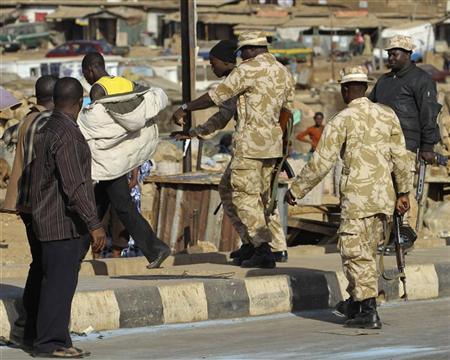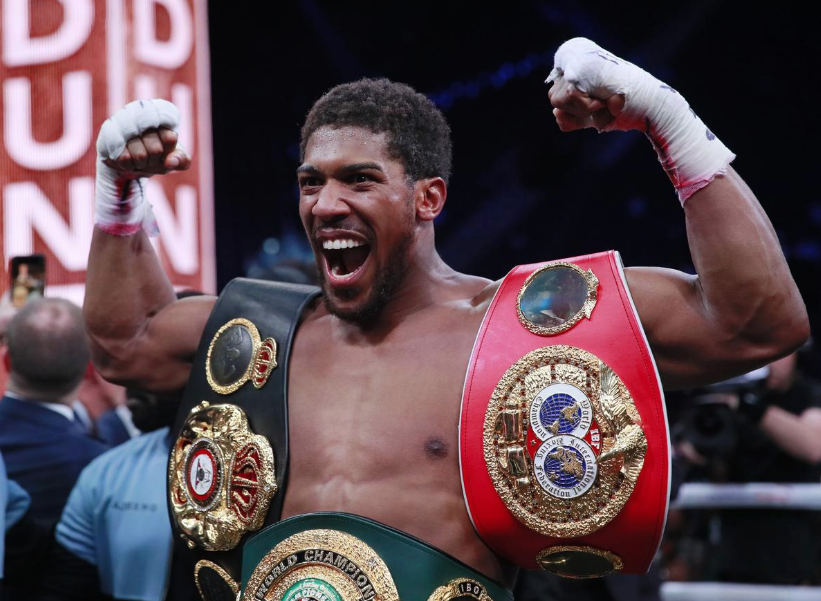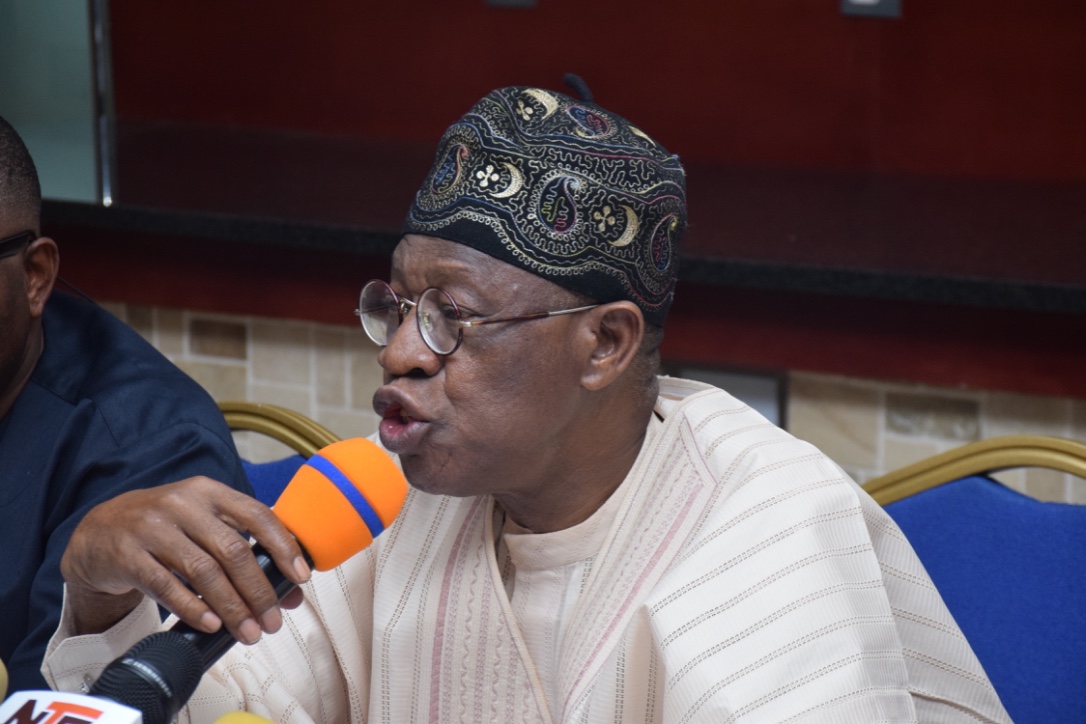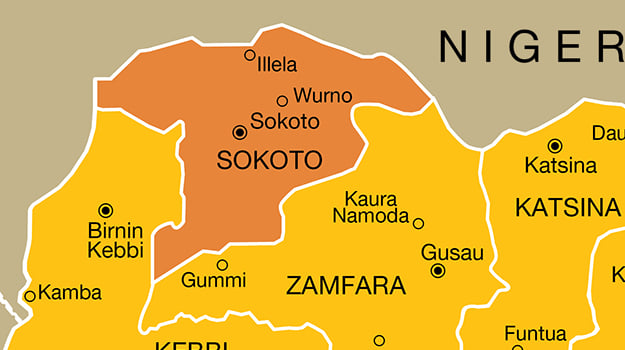The second decade of this millennium, which started on January 1, 2010, will end on December 31, 2019. It has been filled with momentous and unforgettable events — some pleasant, some non-pleasant and others neither here nor there. There were heroes, heroines, pacesetters, change agents and history makers. So we ask: which Nigerian made the greatest impact in the decade?
In deciding to pick the Nigerian of the Decade, TheCable editors adopted simple and straightforward criteria. The ideal candidate must have done something positive, unique, important and beneficial to a vast majority of Nigerians. It could be in any field — business, politics, sport, entertainment, journalism and health, among others.
Politically, the decade took off on a shaky note as President Umaru Musa Yar’Adua was on the hospital bed in Saudi Arabia. And then he died. Vice-President Goodluck Jonathan replaced him as provided for by the constitution, but he went on to run for president in 2011 and this disrupted the north-south rotation of power. The ensuing crisis has sharply divided to this day, though Jonathan did the unthinkable in 2015 when he lost his re-election bid: he called and congratulated Muhammadu Buhari, his opponent, while the final result was yet to be announced. He did not challenge the outcome in court, another rarity in Nigeria. All fears that Nigeria would be set ablaze if Jonathan did not win soon evaporated. So is Goodluck Ebele Jonathan the Nigerian of the Decade?
President Muhammadu Buhari, meanwhile, shaped the decade in his own way. He became the first opposition candidate to defeat an incumbent president in Nigeria — at fourth attempt. It was previously thought impossible. As president, he has waged a controversial war on corruption, recovering trillions of naira in stolen or questionable wealth, probing those previously regarded as untouchable in Nigeria. He has revived abandoned infrastructural projects, including the Mambilla Hypro Power which was in the cooler for 40 years. Is he the Nigerian of the Decade then?
Advertisement
But because politics has divided us so much, inflicting more wounds rather than healing the land, many would rather go for someone who saved our lives: Ameyo Stella Shade Adadevoh, the doctor whose sharp mind, quick action and patriotism prevented a certain Ebola pandemic in Nigeria in 2014. But for her efforts in containing the first case at the hospital, Nigeria would probably have recorded hundreds of thousands of deaths. She died in the process but her memory continues to be blessed. Is she the best candidate in that case?
What about the enormous impact of Femi Falana, the human rights lawyer, who uses the constitution as the instrument of activism? Since the death of Gani Fawehinmi in 2009, Falana has carried the torch courageously. He has instituted or instigated several legal actions that have yielded positive reports, notably the production sharing contracts in the deep offshore from which Nigeria now hopes to recover billions of dollars in unpaid royalties. He most recently fought for, and ensured, the release dozens of Nigerians detained by the navy without trial for years.
In the economy, Aliko Dangote has been the single biggest player for decades, but he raised the game in the outgoing decade with his $12 billion refinery project in Lekki, Lagos state. At full production, it will be have the capacity to produce 50 million litres of petrol per day — more than Nigeria’s current daily consumption. The urea fertiliser component will produce three million tonnes per year. That a single Nigerian individual can embark on such a monumental project is nothing but a significant piece of history.
Advertisement
In business, Tony Onyemachi Elumelu, the proponent of Africapitalism — the economic philosophy that the African private sector has the power to transform the continent through long-term investments — has made enormous impact with the Tony Elumelu Entrepreneurship Programme. The decade-long $100 million initiative is for training, mentorship and seed capital to 10,000 entrepreneurs with start-up business ideas.
Muhammad Sanusi II, the emir of Kano, has advocated for women and the girl/child more than any monarch in northern history and his reign as central bank governor is perhaps the most controversial, albeit producing positive results in the risk management as well as exposing massive corruption in the national oil company. Abubakar Abdullahi, an imam, saved the lives of 262 Christians in the face of an ethno-religious crisis in Plateau state, hiding them in his mosque. It is stranger than fiction.
Bosun Tijani built Nigeria’s mini silicon valley with his Cc-Hub, which saw to the birth of BudgIT, Life Bank (which recently won Jack Ma’s $100,000), Andela, Flutterwave, and a tonne of others spinning billions of dollars annually. Seun Onigbinde started BudgIT, using IT tools to promote transparency in public finance. This exposed the national budget scam of 2017 and he is putting public officers on their toes more than ever before with other initiatives aimed at public transparency.
Dapo Olorunyomi, publisher of PREMIUM TIMES, the online newspaper, led the movement for the rebirth of investigative journalism in Nigeria and has succeeded to a large extent using the media to promote accountability and transparency in government.
Advertisement
In the field of entertainment and show business, Genevieve Nnaji broke new grounds, producing Lionheart, the first Netflix Original from Nigeria, and getting close to an unprecedented nomination for Oscar’s award but for the language barrier.
WizKid has gone global, achieving international fame in 2016 with his collaboration with Drake on “One Dance” which set a Guinness World Record for the most played song on Spotify with one billion streams. It hit number one in 15 countries — including the UK, US, Canada and Australia. He was the first African artiste to bag seven Billboard nominations. He’s also acclaimed as the first African pop star to sell out the Royal Albert Hall in London as the headliner. This saw him in the ranks of the Beetles, Adele, and Elton John.
Surely, terror and the war on terror defined a chunk of Nigeria within the decade. The Nigerian soldier, fighting under the most atrocious circumstances, has saved the country from being overrun by the Boko Haram insurgents. The aid worker, responding to the humanitarian crisis created by the insurgency, has worked around the clock in soothing the pains of the victims, but has also become a target for the terrorists who kill at will.
Not to forget Leah Sharibu, the Dapchi schoolgirl who was kidnapped by Boko Haram in February 2018 along with 109 others who were all teenagers. Her case is different because she was the only Christian among them, and she was not released because she refused to renounce her faith. Will she be the Nigerian of the Decade?
Advertisement
TheCable will announce its pick on January 1, 2020. That’s next decade, technically.
Advertisement
Add a comment
